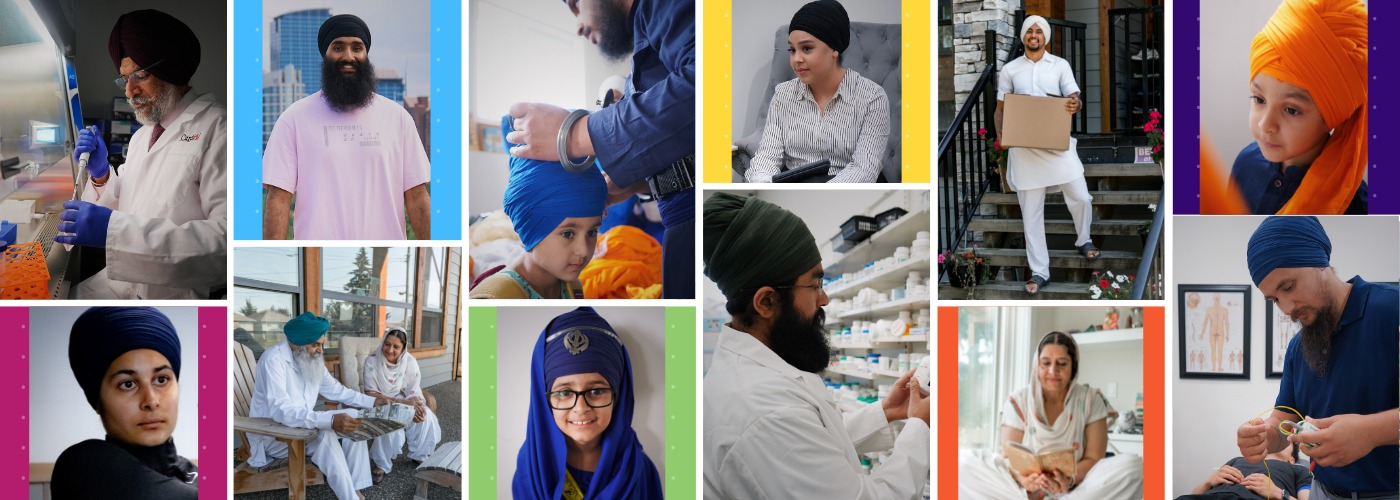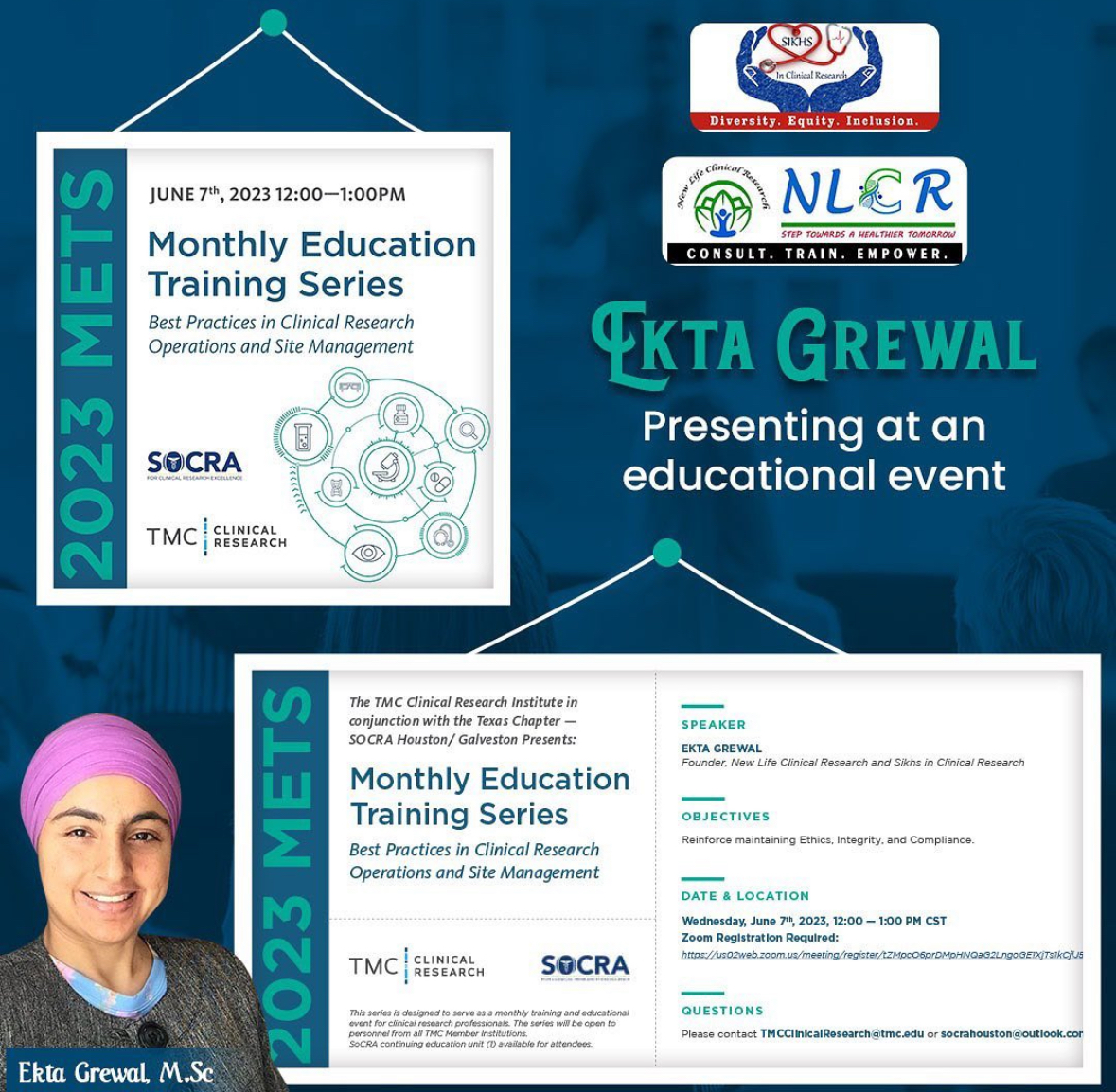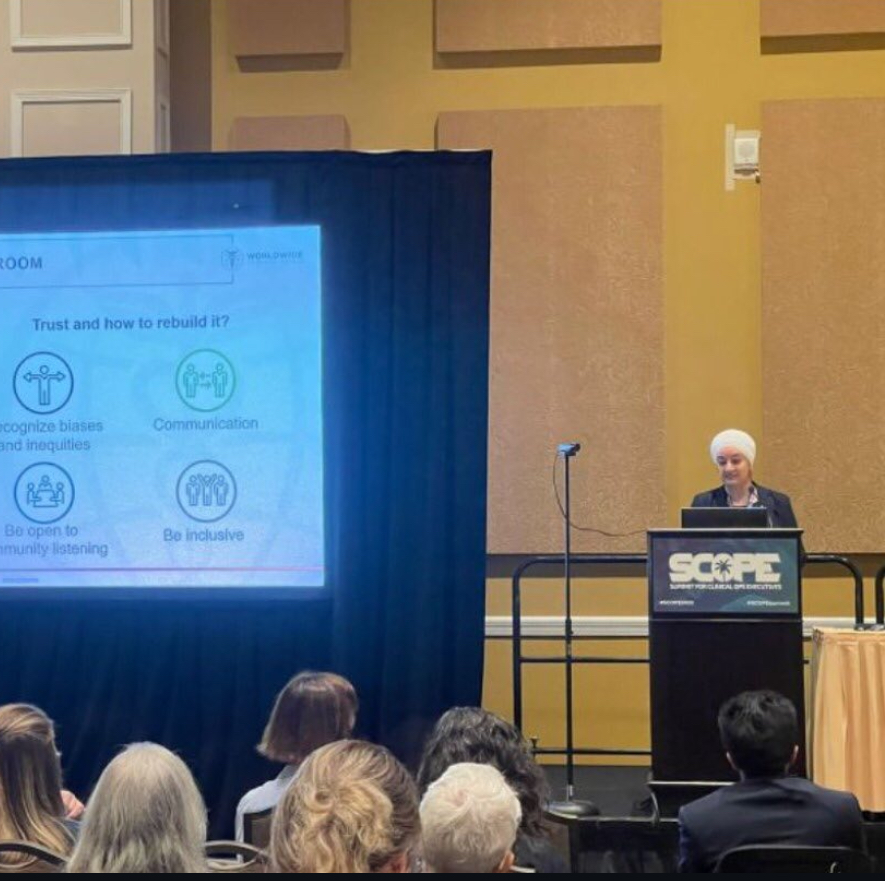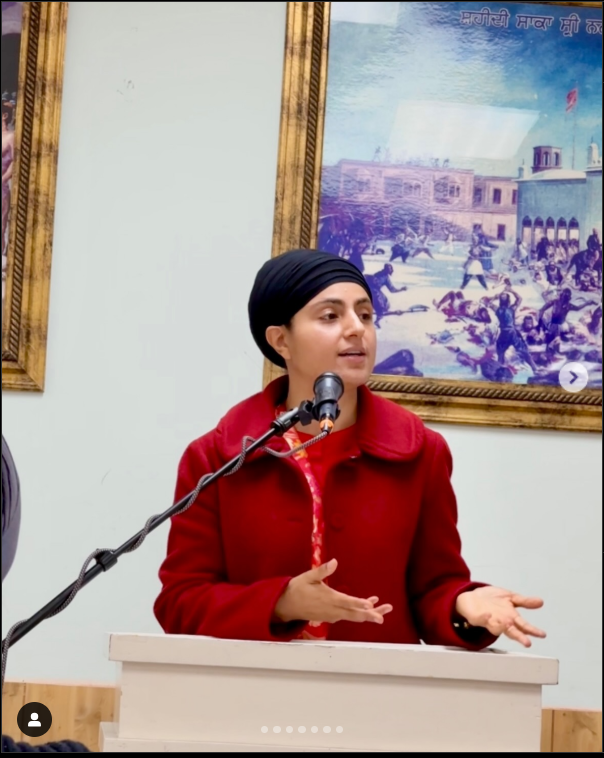Advocating for Sikh Inclusion: A Call for Representation and Equal Access to Clinical Research
SICR is a community organization dedicated to advocating for the inclusion of underrepresented populations, with a focus on the Sikh community in clinical research. One of our goals is to develop and provide resources to help the research industry understand the specific needs of Sikh patients. By doing so, we aim to support the development of more generalized healthcare solutions while anticipating that the industry also recognizes and supports this important SICR initiative, and provides culturally competent care to Sikh patients. Equal access to clinical trials for all communities is crucial, as it ensures that everyone can benefit from clinical trial access.
The Importance of Representation in Clinical Trials
With an estimated 26-30 million Sikhs worldwide and a significant diaspora in countries like the United States, Canada, the UK, and Australia, Sikhs are a diverse group linked by shared cultural, religious, and historical experiences. Sikhs make up a significant part of the global population, and advocating for their inclusion in clinical trials is crucial to ensuring their health needs are accurately represented and addressed.
In the United States, Sikhs have often been grouped with broader categories like "South Asian" or "Asian," which can overlook their distinct cultural, religious, and social identities and genetic and health needs. SICR is a distinct faith-led group highlighting that the Sikhs have unique experiences that set them apart, making culturally sensitive approaches necessary when recruiting for clinical trials.
Sikhs, especially those in regions like Punjab (India) and among diaspora populations in North America and the UK, experience higher rates of certain diseases such as diabetes, hypertension, and cardiovascular diseases. These health conditions are influenced by both genetic predisposition and lifestyle factors. In clinical trials, it is crucial to include Sikhs to understand the unique interplay of these factors and ensure that treatments are effective for this specific population.

Research has shown that some ethnic groups, including South Asians, respond differently to common treatments. Including Sikhs will ensure equitable healthcare. Dr. Rajdeep Singh highlighted the case of carbamazepine, an epilepsy drug, which caused severe reactions in Asian populations due to the HLA-B*1502 genetic marker. If these populations were included in research, such outcomes could have been avoided, emphasizing the need for Sikh inclusion.
The Sikh population also maintains distinct cultural practices that influence diet, lifestyle, and health. For instance, many Sikhs follow a vegetarian diet, which could affect their nutritional intake and metabolism of certain drugs. Furthermore, it is important to understand that some Sikh individuals practice a disciplined code of conduct and lifestyle, such as wearing turbans, maintaining uncut hair (kes), and daily bathing practices. These factors can impact health outcomes, and clinical trials that do not account for them may fail to accurately assess the effects of treatments on Sikhs. Additionally, environmental factors such as exposure to air pollution in densely populated regions like Punjab can also play a role in disease risk and progression.
How SICR can help the research industry
Insights into the Inclusive Study Designs in Clinical Research
Community organizations such as SICR can provide insights into the specific needs and perspectives of the Sikh community and can help ensure that the study designs are culturally sensitive and reflect the lived experiences of this underrepresented population. SICR can also help identify barriers to participation, such as language or trust issues, and suggest ways to improve accessibility and engagement.
Developing culturally tailored study materials
The research industry needs to work closely with the community leaders. This helps them understand the specific community's cultural beliefs and practices. Study materials, like flyers and ads, should be translated into the primary language of the community and use images and messages that feel familiar and relevant to the community. This approach helps build trust and encourages more people to take part in the research. Advertising in the community's primary language on social media or supporting on-the-ground camps to reach the wider Sikh community can help.
Creating educational resources to raise awareness
Addressing misconceptions about clinical trials in Punjabi and focusing on concerns related to privacy, confidentiality, and risks is crucial. Providing culturally relevant educational materials that address Sikh values—such as the importance of community, family, and respect for religious practices—will help raise trust in clinical research.
Organizing online community events and on-the-ground camps
Collaborating with SICR and respected Sikh leaders will enhance awareness about clinical trials. SICR further collaborates with Sikh community centers, cultural associations, and Sikh healthcare providers and organizes awareness campaigns that not only can foster trust but also advocate for research literacy and trial participation.
Including Sikhs in clinical research is crucial for advancing healthcare outcomes and ensuring that treatments are representative of diverse populations. While challenges exist, the growing Sikh communities in regions like North America offer a unique opportunity to conduct meaningful research that benefits both the community and the broader medical field. With cultural sensitivity, community involvement, and strategic outreach, clinical trials can achieve more equitable representation and produce research outcomes that better reflect the health needs of diverse populations.









